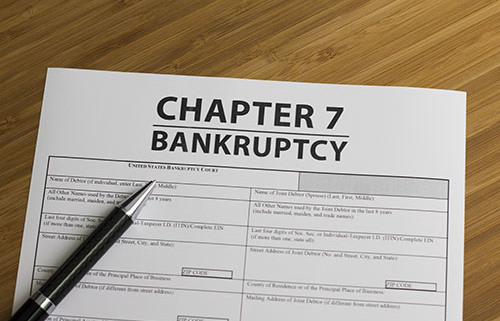Still Have Questions? Feel Free To E-mail Us
In certain cases, we are even able to offer a same-day bankruptcy filing with no money down – saving you time and money. Need help filing bankruptcy we can help you start.
Great feedback is always needed to improve and grow our bankruptcy law firm Please feel free to leave a review, let us know who your attorney was, did we provide great customer service, whether were we professional, did we get you the information you were looking for? We want to know.
Located in Chicago, the law firm of Billbusters, Borges and Wu LLC. represents clients throughout Illinois, including, but not limited to the cities of :Alsip, Arlington, Heights, Bellwood, Berkeley, Berwyn, Blue Island, Bridgeview, Broadview, Brookfield, Burbank, Calumet City, Chicago, Chicago Heights, Chicago Ridge, Cicero, Country Club Hills, Des Plaines, Dolton, Elk Grove Village, Elmwood Park, Evanston, Evergreen Park, Flossmoor, Forest Park, Franklin Park, Glencoe, Glenview, Glenwood, Golf, Hanover Park, Harvey, Harwood Heights, Hazel Crest, Hickory Hills, Hillside, Hines, Hoffman Estates, Hometown, Homewood, Justice, Kenilworth, La Grange, La Grange Park, Lansing, Lemont, Lincolnwood, Lyons, Markham, Matteson, Maywood, Melrose Park, Midlothian, Morton Grove, Mount Prospect, Niles, Northbrook, Oak Forest, Oak Lawn, Oak Park, Olympia Fields, Orland Park, Palatine, Palos Heights, Palos Hills, Palos Park, Park Forest, Park Ridge, Posen, Prospect Heights, Richton Park, River Forest, River Grove, Riverdale, Riverside, Robbins, Rolling Meadows, Schaumburg, Schiller Park, Skokie, South Holland, Steger, Stone Park, Streamwood, Summit Argo, Techny, Thornton, Tinley Park, Westchester, Western Springs, Wheeling, Willow Springs, Wilmette, Winnetka, Worth and All of Cook County IL.
The information contained in this website is for general information purposes only. The information is provided by Billbusters, Borges and Wu LLC and while we endeavor to keep the information up to date and correct, we make no representations or warranties of any kind, express or implied, about the completeness, accuracy, reliability, suitability or availability with respect to the website or the information, products, services, or related graphics contained on the website for any purpose. Any reliance you place on such information is therefore strictly at your own risk.


